Syria: An issue portraying the increased politicisation of the Human Rights Council
The International Commission of Inquiry on the Syrian Arab Republic presented its latest report to the Human Rights Council in Geneva. Polarisation of the inter-governmental body was felt throughout the meeting, with states backing their political allies on specific questions.
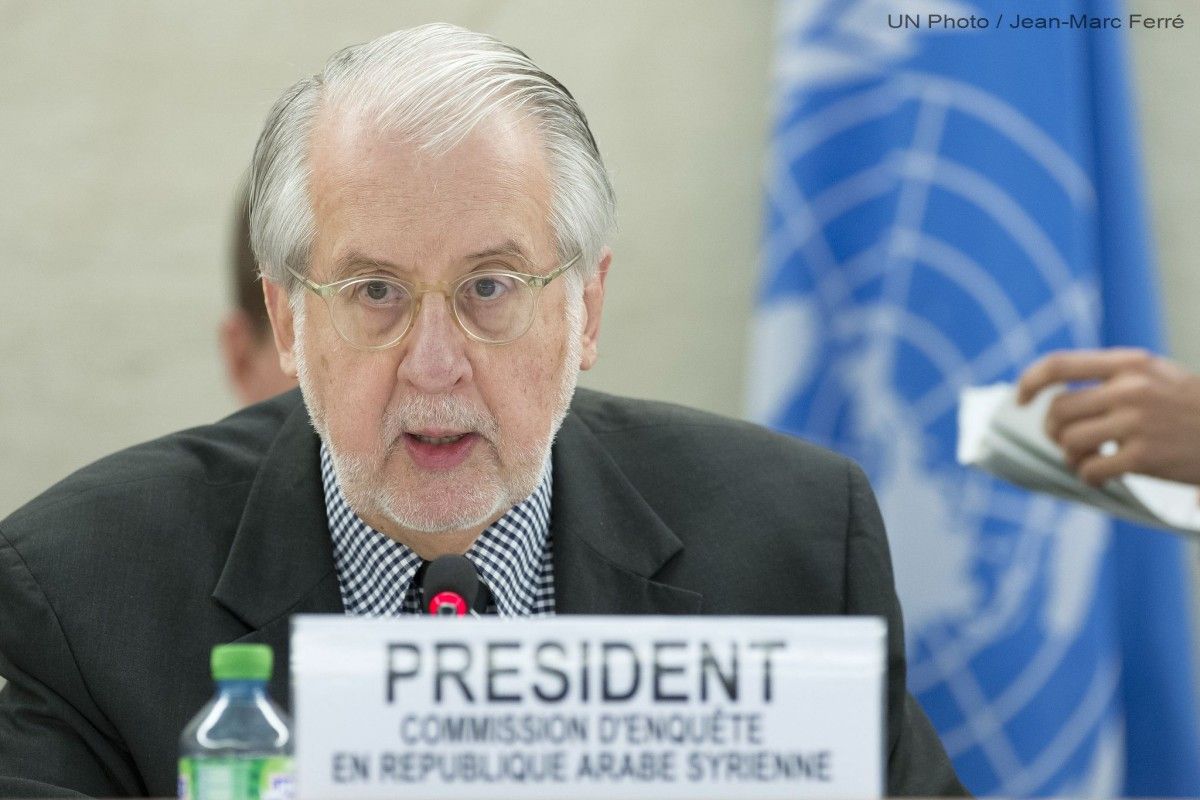
The Independent International Commission of Inquiry on the Syrian Arab Republic, established in 2011 through HRC resolution S-17/1, presented its latest report to the Human Rights Council in Geneva, on 19th September 2016.
It is the 15th time the Commission appears in front of the Council and its description of the human rights situation in Syria has kept its gloom to say the least. States’ reactions to the report pictured a clear politicisation of the UN mechanism, seemingly following the tracks of its predecessor, the Commission on Human Rights.
Torture, sexual violence, enforced disappearances, arbitrary detention, forced displacement and unlawful killings are amongst the atrocities included in the Commission of Inquiry’s report. Pro-government forces and anti-government groups are at the origin of these atrocities consisting war crimes and crimes against humanity.
Forcibly displaced peoples, which number continues to climb – currently at 6.6 million – are particularly at risk, facing horrendous conditions in the camps along the borders. The report states: “That civilians continue to move into these camps underlines the grave dangers they face in areas from which they have fled.”
‘Since the beginning of the year, 71 health facilities have been attacked, 25 in #Aleppo alone’ @UNCoISyria live at the 33rd @UN_HRC Session
— UN Syria Commission (@UNCoISyria) 19 de septiembre de 2016
In this despicable picture, a glimpse of hope is perceived through cessation of hostilities agreements. Indeed, the Commission reports: “(…) in the weeks that followed [the agreement of February 2016], there was a de-escalation of armed violence across much of the country, providing millions of civilians with some respite from the brutal war.”
Nevertheless, violence intensified again in late March in areas controlled by ISIL and Jabhat al-Nusra, as well as in Government-controlled areas of Aleppo, the report says. More than 600’000 people are currently under siege, and their access to humanitarian assistance is extremely limited.
The recent ceasefire agreement between the United States and the Russian Federation was hoped to bring some stability. But the recent fighting and air raids are already raising concerns around the sustainability of the truce, and humanitarian access is still highly restricted.
–@UNCoISyria Chair Paulo Pinheiro at #HRC33 urging parties to respect new cessation of hostilities agreement. #Syria pic.twitter.com/OexFzgIQ2B
— UN Syria Commission (@UNCoISyria) 19 de septiembre de 2016
Lack of access to Syria and other countries affected directly or indirectly by the conflict is one of the main issues raised by the Commission before the Council. The Chairman, Paulo Sergio Pinheiro stated: “Our appeals for access are directly reflective of the dire situation Syrian civilians have faced in recent months. Every day of war that passes is one more day of unimaginable suffering for Syrian men, women and children.”
Members of the Commission emphasised on the fact that access is needed not only into Syria and the Syrian population on the ground, but also into EU countries that are hosting newly arrived refugees. Gathering testimonies from victims is a precious source of information to gain a more precise understanding of the human rights situation in the Arab Republic.
The Syrian government reacted strongly to the report, as it did in previous sessions. It accused the report of being biased, following a political agenda. It added: “the reports [compiled by the Commission] are groundless and written by individuals who lack credibility.”
The State denied responsibility for the triggering of the conflict and accused western countries, including the UK, the US and Turkey, to have sent arms for years, an issue, they claim, that was not raised in the report. Turkey rejected all allegations and retorted that: “The aerial bombings of hospitals, schools and market places, even of IDP camps [by the Syrian government] continue to claim numerous lives.”
Polarisation of the Council was felt throughout the meeting, with states backing their political allies on specific questions. The Russian Federation supported the concerned State, denouncing the report for its lack of objectivity. Venezuela accused foreign powers of constantly playing at war and undermining state sovereignty, while thanking Russia for its efforts in Syria.
The USA underlined the mistreatment of prisoners by the Government, an issue also raised by Israel that further stated: “Syria under the Assad regime is but a failed state”. This politicisation of the Council is not new and is not only present in relation to Syria.
The complexity of the conflict, and the global impact it is having would call for international solidarity. But the constant polarisation of the Council shows that even universal norms such as human rights are subject to political bias, despite the reality surrounding the death toll of civilians and the abject living conditions of non-combatants.
Member of the Commission, Vitit Muntarbhorn stated: “the absence of accountability has resulted in a climate that lacks transparency.” States, including Ireland, the EU and the Nordic countries have called upon the Security Council to refer the Syrian case to the International Criminal Court. This could be foreseen as a potential solution; nevertheless, political motivations and interests might well hinder such measure.
Spanish version available here.

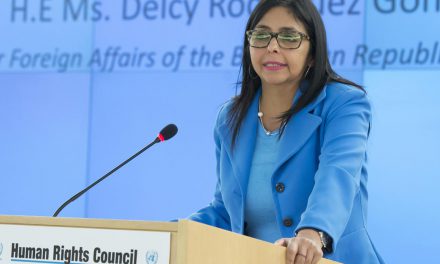
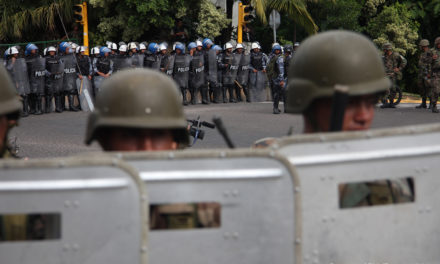
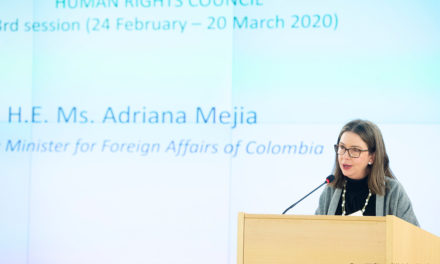
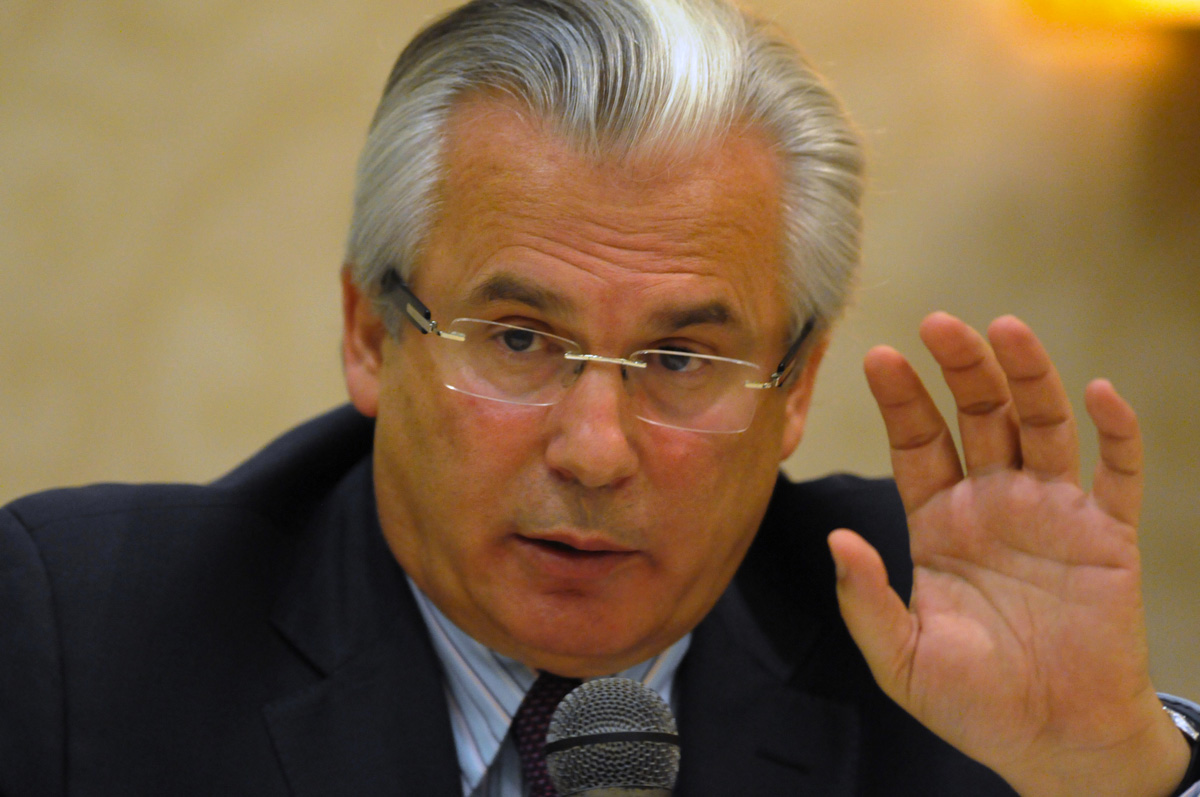
Trackbacks/Pingbacks